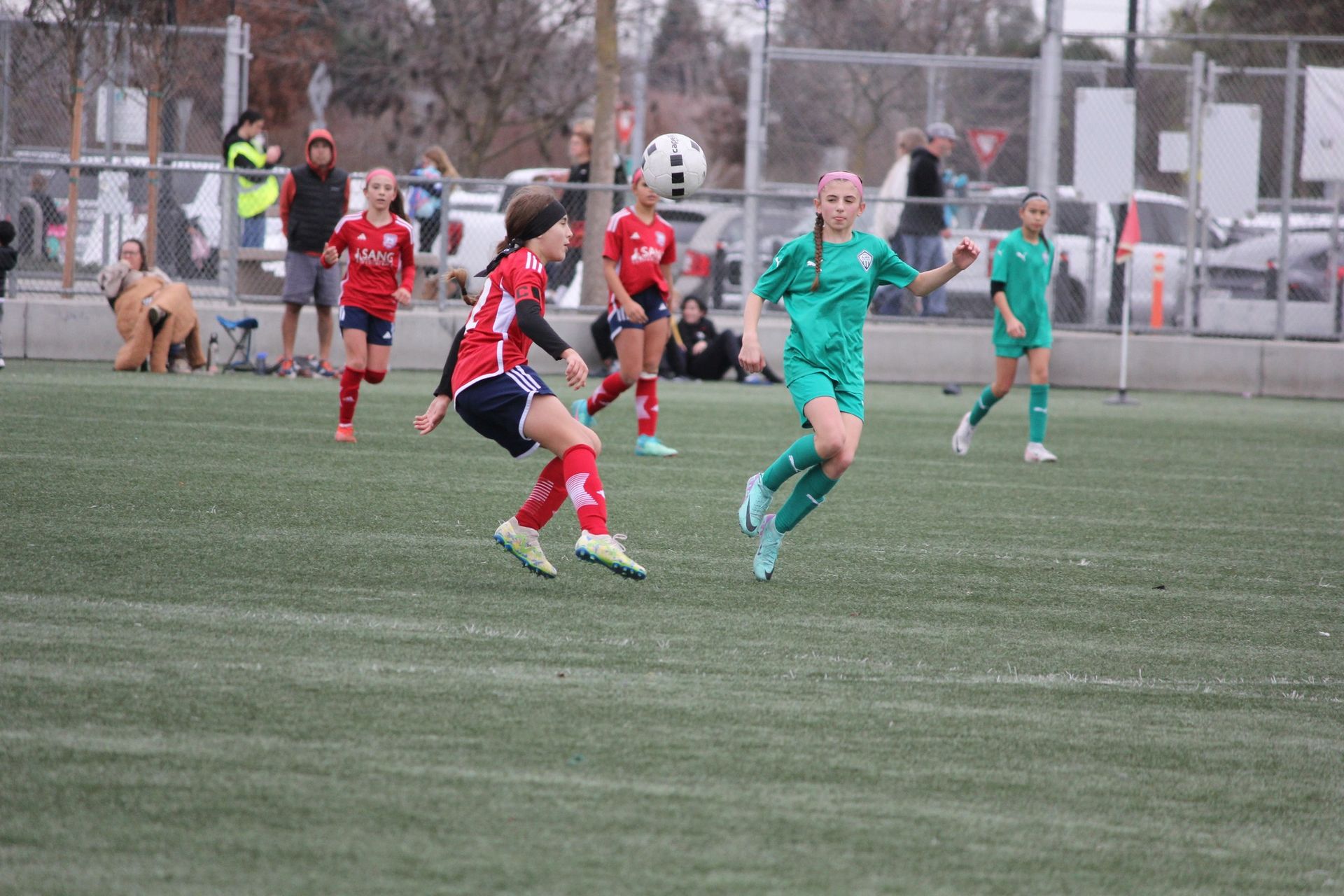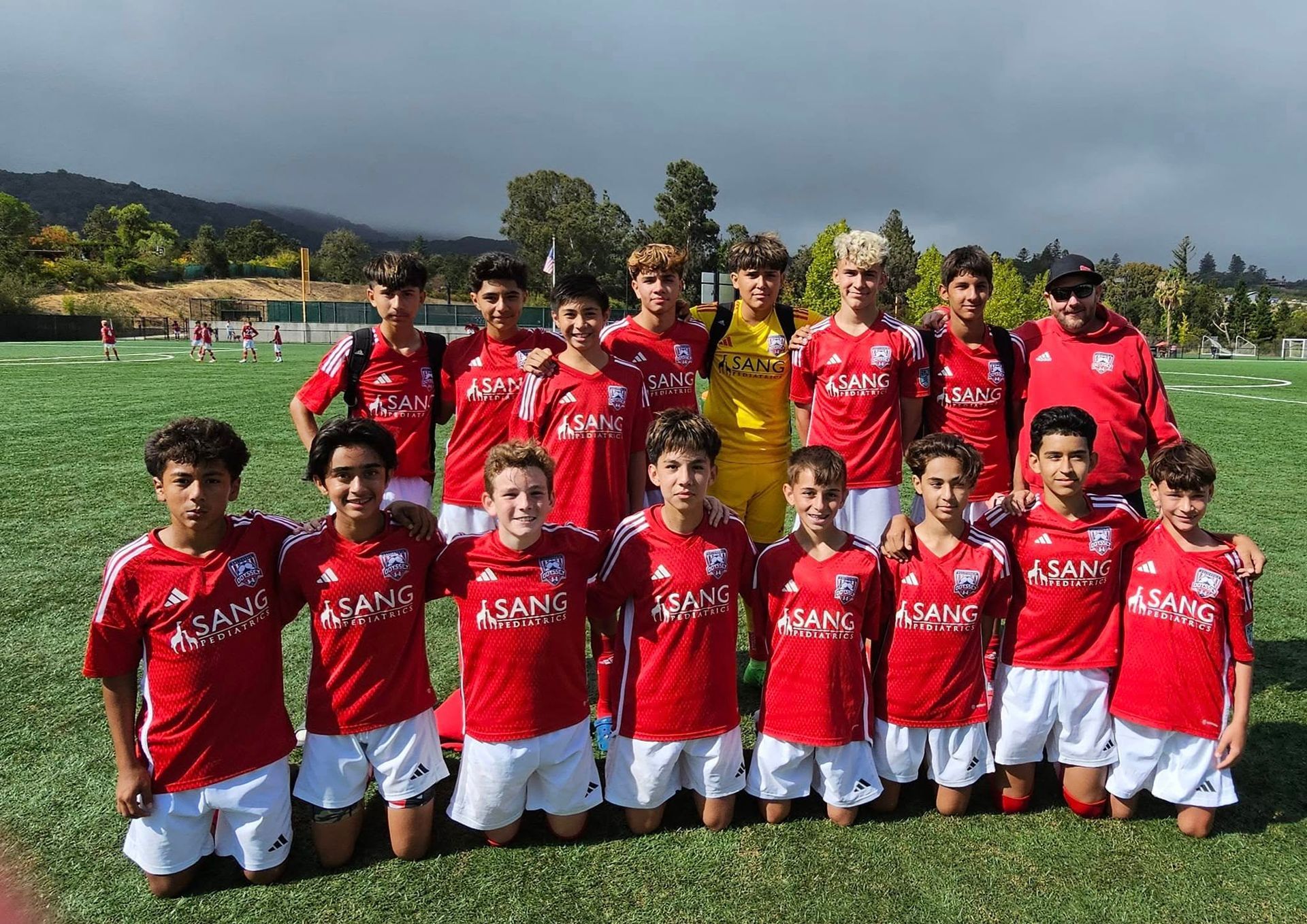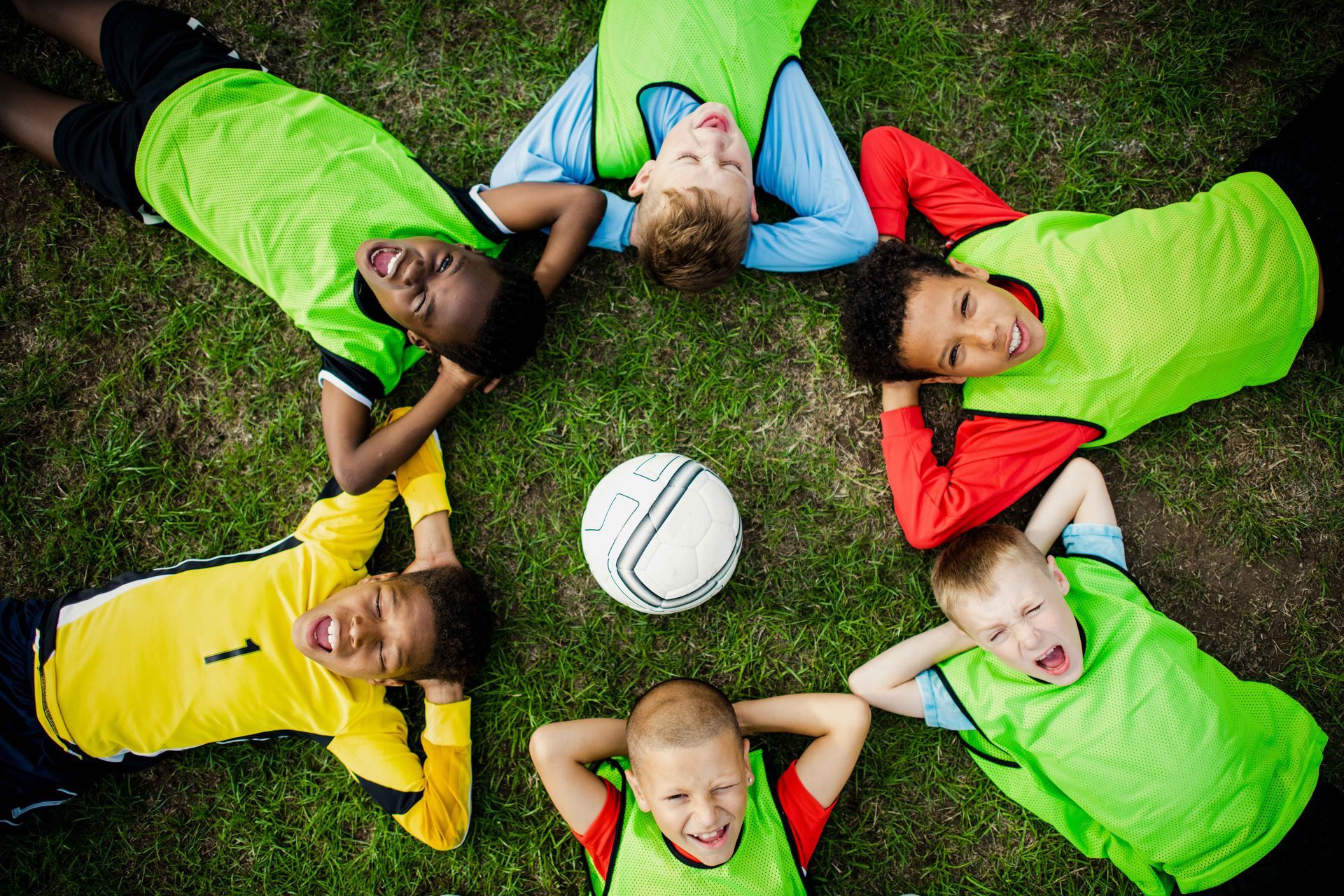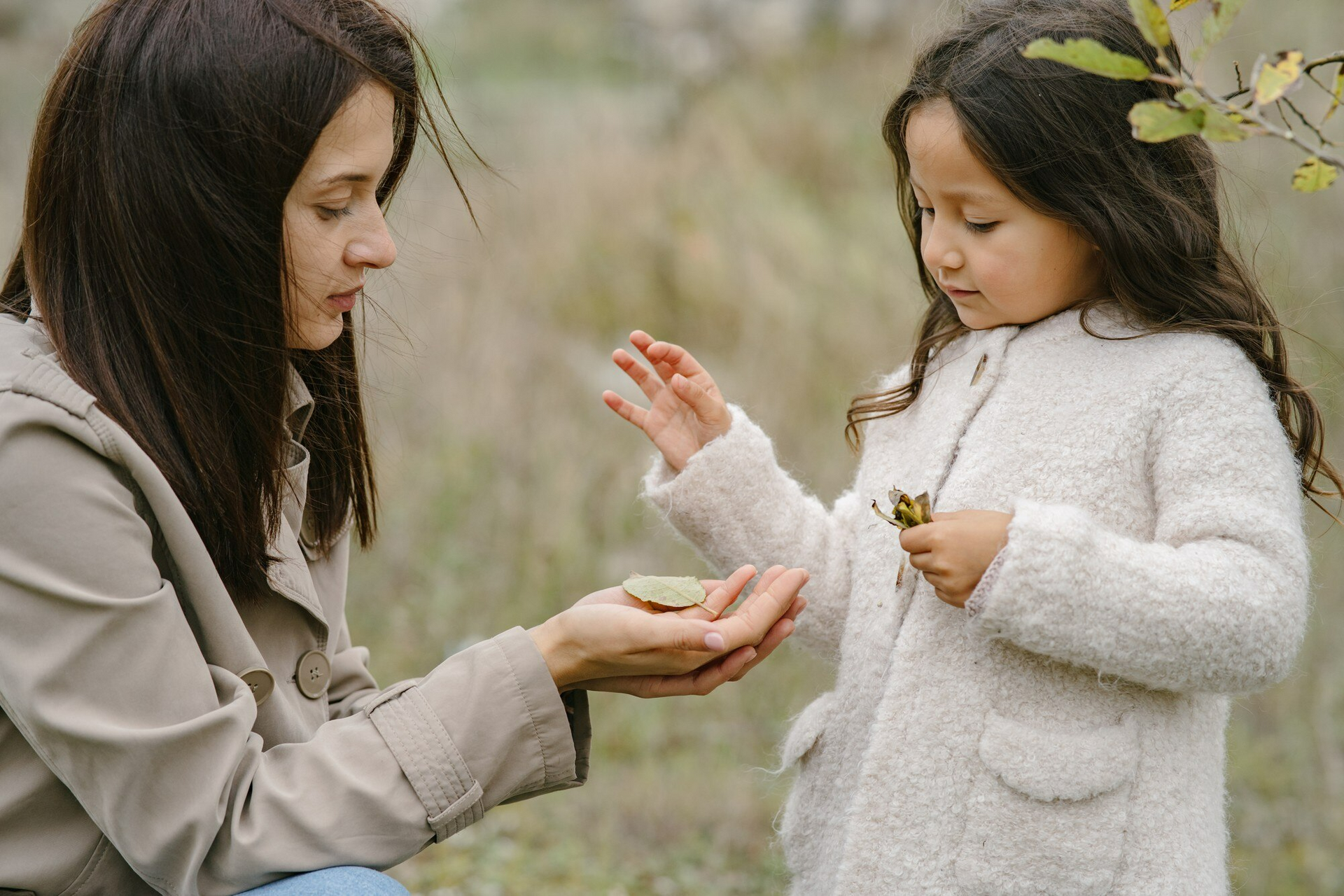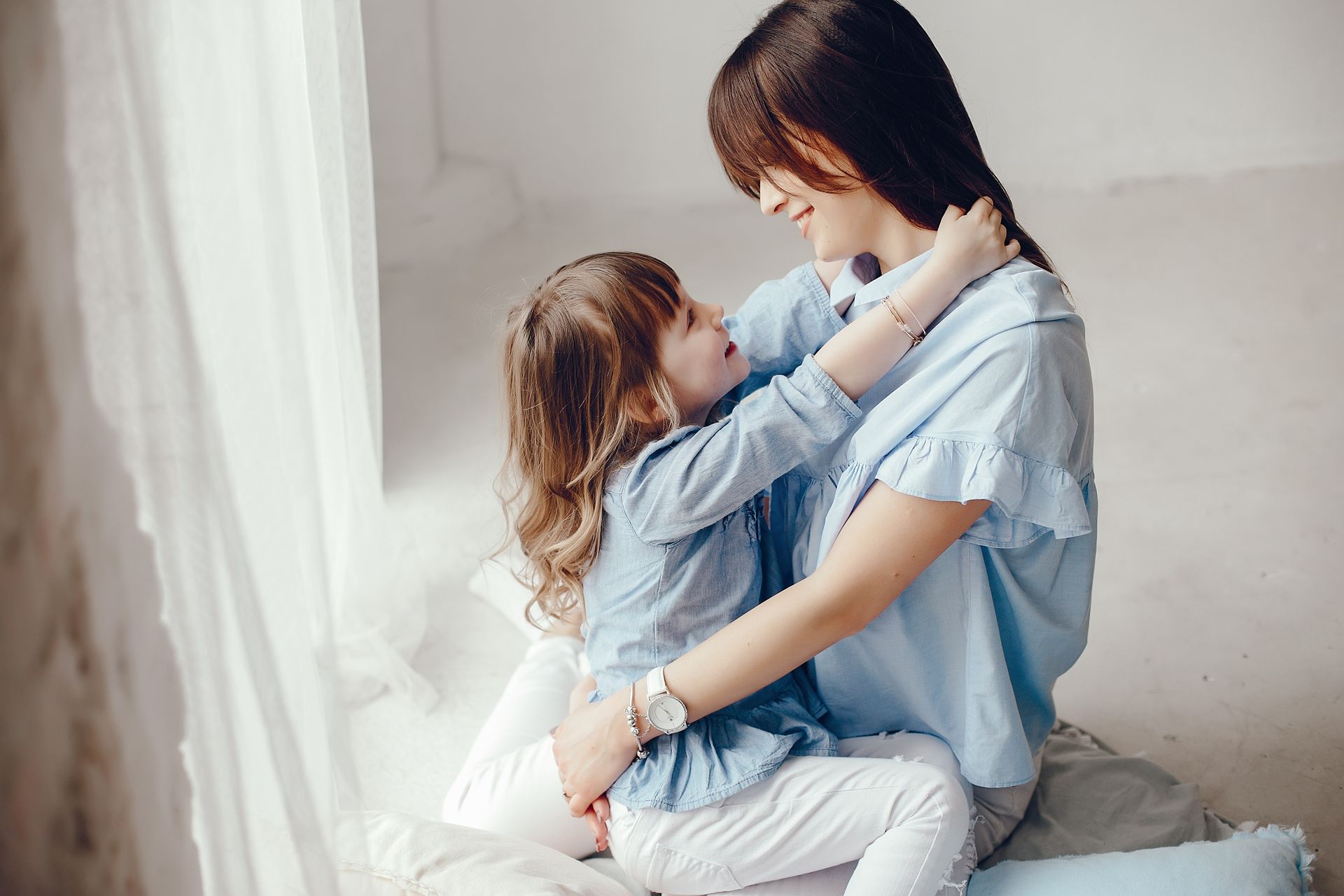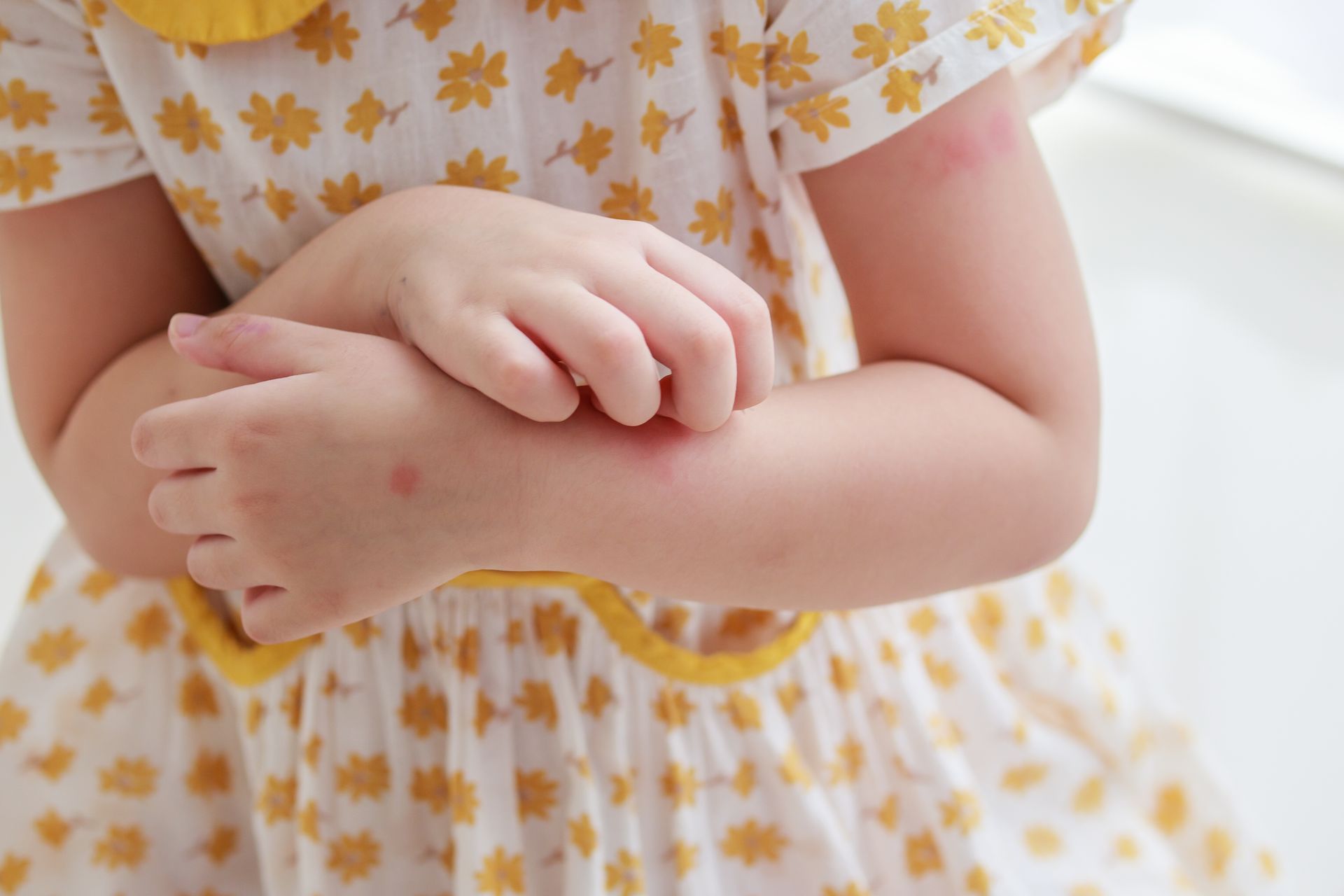Should I Worry? Understanding Developmental Milestones

Behavioral milestones are a set of skills, abilities, or behaviors shown throughout infancy and early childhood. These development milestones are significant indicators of how a child is doing and whether there are any developmental delay issues. Each of these milestones involves physical, cognitive, social, emotional, and communication skills that babies and toddlers need to acquire as they develop and grow.
Understanding baby developmental milestones can help you keep an eye on your child's development and growth. Throughout this post, we'll explore the different milestones that babies reach each month and what to do if you are concerned that your baby is experiencing delays.
Baby's Developmental Milestones Each Month
A crucial reason to monitor your baby's development milestones is to know whether the child is making timely progress. If a child does not reach a milestone, they may require additional help and support to reach their full potential. The following checklist outlines the critical milestones your child must reach during their first year:
Warning Signs of Potential Developmental Delay
Although minor, temporary delays may not be cause for concern, prolonged delays in reaching milestones may indicate long-term problems. Below are a few warning signs that you should keep an eye out for your baby's development:
Physical Signs
- Doesn't seem to hear or see things clearly
- Their eyes cannot follow moving objects
- Crosses eyes frequently
- Does not notice hands by 2 months
- Cannot hold their head up by 3-4 months
- Does not seem to grasp, reach, hold, or bring objects to their mouth by 4 months
- Delay in rolling over by 5 months
- Muscle stiffness or floppiness preventing arm and leg movement
- Awkward posture or limping body
- Not capable of sitting well by 8 months
- Does not crawl by 9 months
- Unable to stand up even with assistance by 12 months
Behavioral, Emotional, Social, and Communication Signs
- Persistently cries for more than three hours in the course of a day even after comfort and feeding, especially after 3-4 months
- Not curious about what is going on around them
- New faces do not seem to bother them and are not seemingly frightened by them because they do not recognize familiar faces.
- No laughing or squealing at 6 months
- Does not respond to own name by 9 months
- Unable to make gestures like waving or pointing to things by 12 months
- Does not smile at people
- Not interested in games such as peek-a-boo by 9 months
- Unable to be cradled, cuddled, or comforted at night at 5 months
- The infant doesn't babble or shows no back-and-forth exchange of sounds or facial expressions by 9 months
- Loud noises do not evoke any response
- No response to words such as 'no' or 'bye-bye.'
If There Are Signs, Should I Worry?
It's normal to worry when your child doesn't seem to be hitting milestones as quickly as they should be or isn't in line with other infants as they are. For one thing, each child is unique, and so are each parent's experiences. In general, children's abilities and skills develop along the same path, though their timing may vary.
This guide is only an average, which means that not every child will attain a baby's developmental milestones at the same time. Babies accomplish milestones at different rates. Some advance faster than others, and some advance more slowly. Some even skip milestones entirely. As with any developmental milestone, it is infrequent for a child to skip two consecutive ones.
Additionally, the cause of kids showing a mild delay in development does not usually lie in a medical problem but rather in natural factors. Most of the time, the solution consists of making sure that an environment around your child is stimulating. However, being cautious is not wrong. Being proactive about problems as early as possible will make all the difference as your child grows.
Talk to a Pediatrician for Any Developmental Concerns
Consult your pediatrician or health care provider if you have concerns about your child's development. Consider having your child's pediatrician conduct a developmental screening if you detect any signs of developmental delay. Early diagnosis of absent baby developmental milestones helps children make better progress. If you need any guidance and consultation about your child’s developmental milestones, call or book an appointment with Sang Pediatrics.


